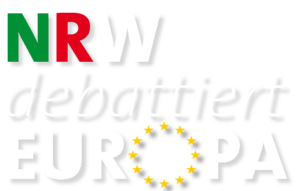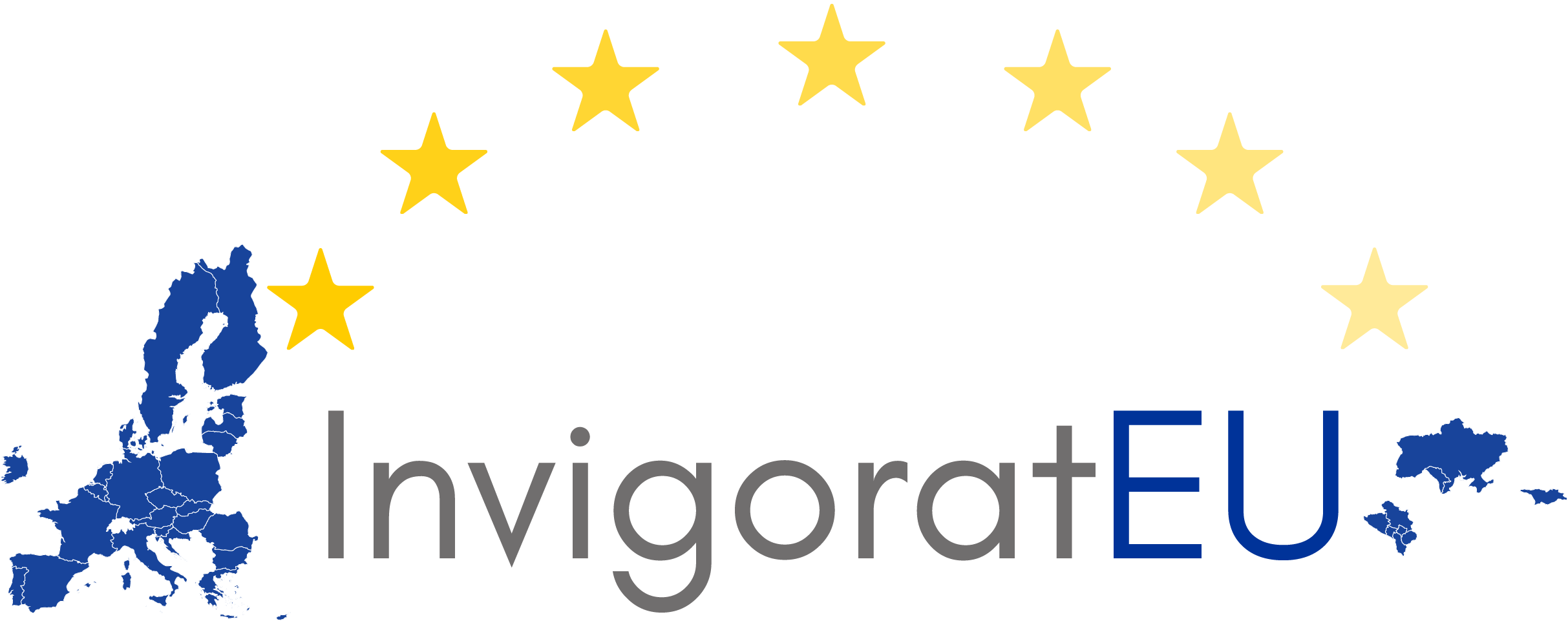Below you will find the Call for Papers for a Special Issue of the Political Quarterly, which is edited by the AKER spokespersons. Contributions are expected from both EU research and comparative regionalism research.
The abstract of max. 500 words should be sent to aker@dvpw.de together with a short CV.
Important dates:
- Deadline for abstracts: 15.07.2023
- Notification of authors: 31.07.2023
- Submission of full papers: 15.10.2023
Description of the planned SI: Despite the debates on the multiple crises in Europe and across
the world and the crisis of multilateralism, there are very few examples of regional organizations definitively collapsing: most of them manage to survive. At the same time, while some regional organizations successfully adapt to changing environments and prove highly resilient, others turn into phantom phenomena. Against this background, the Special Issue (SI) addresses the pathways and logics of adaptation and resilience of regional organizations as well as their limits.
Its innovative feature is to approach this topic from the perspective of two distinct sub-disciplines which so far have rarely engaged in a dialogue: EU studies and comparative regionalism. Both sub-disciplines offer their perspectives on the resilience of regionalism. Comparative regionalism looks at a universe of regional organizations, frequently changing their membership, entering long periods of passivity and including countries with very different foreign policy agendas and political systems, explaining different attitudes towards regionalism as such. EU studies analyse the diverse challenges and crises of the EU such as the politicization, the rise of Eurosceptism and democratic backsliding, as well as the reactions of the various actors.
Promoting the cross-disciplinary exchange holds a lot of promise for political science in general. Firstly, it allows us to map the (diverse) patterns of transformation and resilience of important international and European actors under the current crisis conditions. Secondly, integrating theoretical approaches and insights from these sub-disciplines increases their visibility and helps to overcome the fragmentation of the discipline that weakens its policy impact and influence on the public debate.
You can find more information here: open link (in English)



